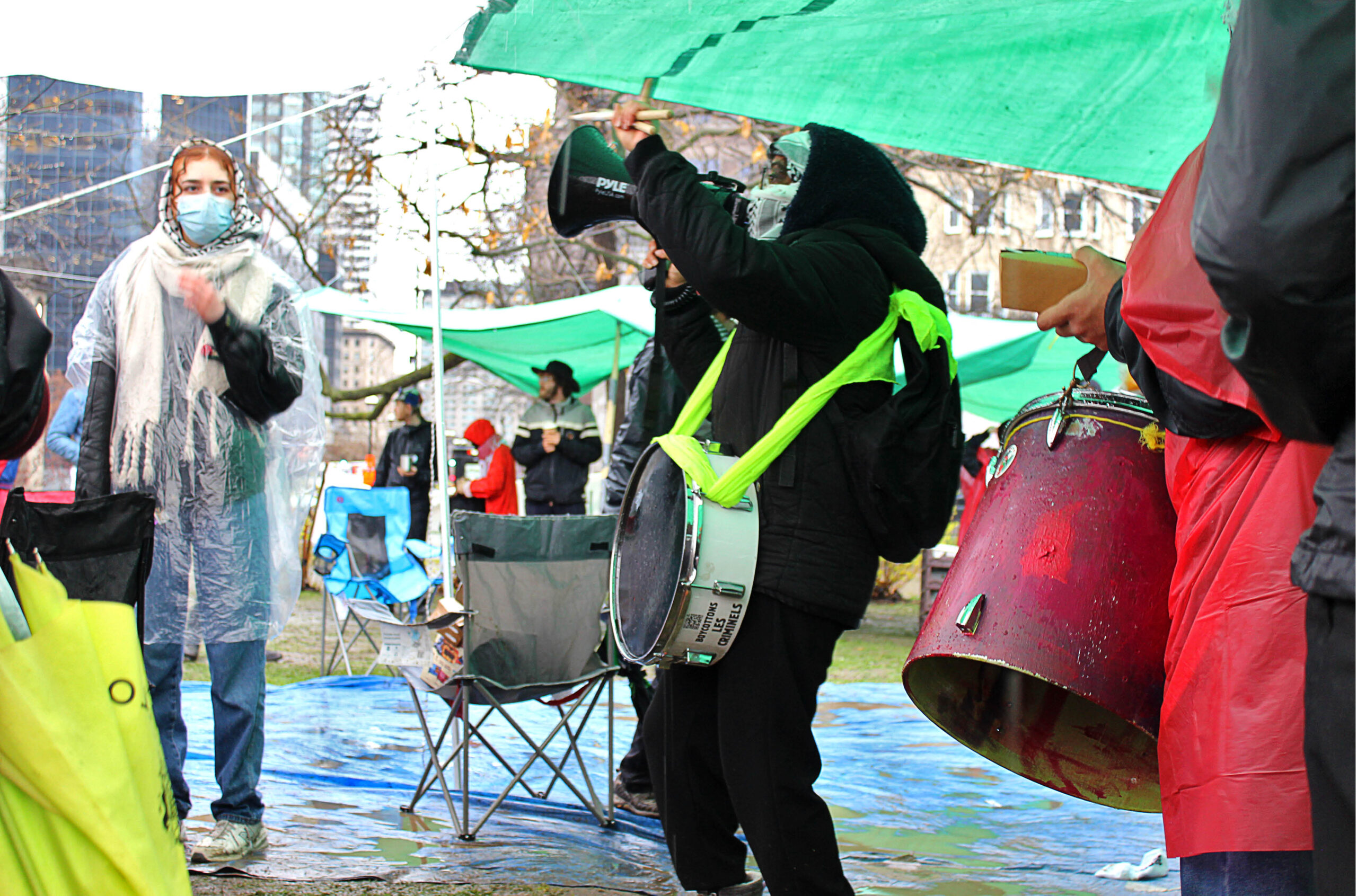How to get students to commit to high-impact learning
Strategies should include making these learning experiences for-credit and offering a simple recognition program to acknowledge participation.

In the United States, and increasingly in Canada, universities are required through accrediting bodies or government mandates to make a commitment to high-impact learning experiences. Specifically, institutions are required to increase the number and diversity of opportunities for students, including service learning, study abroad, internships and undergraduate research. Government funding is increasingly tied to metrics on the number of students participating in high-impact experiences and/or student engagement surveys.
In a previous article I wrote for University Affairs, I argued that it is not possible to sustain and scale-up high-impact learning experiences for students if the professional and personal benefits to the faculty are not clearly articulated. This is, however, only part of the equation. To successfully increase and support high-impact experiences, it is also important for the students to commit to participating in these experiences.
Until participation in high-impact learning experiences is the norm for students and part of the culture for an academic program, there is a need to implement strategies to incentivize students to participate. While scholarships and stipends can be effective incentives, this strategy is very costly, particularly if the goal is for most students to participate in one or more experiences. Small institutions or those without large endowments are particularly limited in their ability to offer scholarships.
The first strategy is to make sure that all high-impact learning experiences are available to students as credit and that those credits are built into degree plans. Most students would prefer to participate in a high-impact experience than sit in the austere surroundings of a classroom, and in many cases, the experience is more impactful than a traditional lecture. While not all high-impact experiences are appropriate for every discipline, it is possible for every academic program to identify experiences that are best suited for their students. For the department head, dean or provost reading this article, the more experiences available to students for credit, the more students participate and fewer number of seats and classes will need to be offered each semester.
The second strategy we have employed at both Texas A&M University and the University of Windsor is to recognize student participation in high-impact learning experiences through a medallion program. The Medallion Scholars program was introduced in the college of geosciences at Texas A&M University in 2015 as an opportunity for students to enhance their academic, professional and personal development. The program recognized those individuals who went above and beyond the classroom to make the most of the “Aggie” experience. Graduating seniors can qualify for a bronze, silver or gold medal based on their achievements, which is calculated based on a points system. Points range from 30 points for being an author on a peer-refereed journal article or participating in a semester-long exchange program to five points for being a member of a student organization or meeting with counselors in the university career center.
Based on the success of the program at Texas A&M, a similar program was started at U of Windsor. The LEAD medallion program recognizes undergraduate students who have demonstrated Leadership, Engagement, Application and Discovery during their time in the faculty of science. If a student participates in all four areas of LEAD, they receive a gold medal at graduation. A silver medal recognizes those students who participated in three activities, bronze for students who participate in two activities; all students in the faculty of science should have the ability to participate in at least one activity. Leadership activities involve on-campus and off-campus organizations and varsity sports; engagement includes service learning, study abroad and outreach activities; application includes internships and co-operative programs; and discovery is focused on student participation in undergraduate research.

At both Texas A&M and U of Windsor, participation in the program is promoted through conferences and workshops for new students. Specifically, the Medallion Scholars program at Texas A&M is introduced during the Geosciences Academic Preparation (GAP) program, while at U of Windsor the LEAD program is introduced during the Preparation for Academic Success in Science (PASS) program. The PASS program occurs during welcome week and it is structured around the LEAD program – student participation and engagement in high-impact practices is encouraged from the first day of the first semester. This ensures that students are planning on how and when they will participate in one or more experience as part of their undergraduate experience, leading to a significant increase in student participation and ultimately student satisfaction. Not only are more students participating in the programs, they are seeking opportunities for undergraduate research, service learning and study abroad starting in their first semester.
The requirement for students to self-report their participation in high-impact experiences (for credit or as a volunteer) is an effective means to “count” those activities that are not for credit. While some students may not participate in the program or self-report all activities, we were able to learn about non-credit-bearing activities ranging from peer mentorship to participating in post-hurricane relief and humanitarian programs. Recognizing and highlighting these activities gives current and future students the incentive to participate in activities (on and off campus) that make an impact in the lives of others.
It is important to recognize that the program is only successful if faculty and programs are willing to offer enough high-impact experiences to satisfy student demand. This requires designing the high-impact experiences as a benefit to the faculty member as well as ensuring that offering these experiences is appropriately compensated. With proper support and mentorship, programs are being successfully developed at institutions in both Ireland and Australia, and we hope that this description of the programs at Texas A&M and U of Windsor will serve as a model for other institutions.
Chris Houser is dean of science at the University of Windsor. Judy Nunez is director of recruitment, college of geosciences, at Texas A&M University in College Station, Texas.
Featured Jobs
- Business – Lecturer or Assistant Professor, 2-year term (Strategic Management) McMaster University
- Canada Excellence Research Chair in Computational Social Science, AI, and Democracy (Associate or Full Professor)McGill University
- Veterinary Medicine - Faculty Position (Large Animal Internal Medicine) University of Saskatchewan
- Psychology - Assistant Professor (Speech-Language Pathology)University of Victoria















Post a comment
University Affairs moderates all comments according to the following guidelines. If approved, comments generally appear within one business day. We may republish particularly insightful remarks in our print edition or elsewhere.
2 Comments
A medallion program at the university level? Participation trophies for the 18-20+ set? Dare I say this tells us much about the intellectual level of the “high impact learning” movement?
And why is the particular type of learning discussed in this piece considered “high impact”? Can a seminar on Hegel or a lab-based course on benthic invertebrates not be high impact for the students involved?
Working in so-called “higher education” is getting more depressing every single day.
Giving out gold stars – I mean medallions – to students, and needing to incentivize learning in general, just shows how many enrolled students do not belong in post-secondary school. These students would be better off gaining experience, skills, and knowledge in the workforce and enrolling in university if and when they decide it is the right choice.
University as high school 2.0 means we have to deal with students who don’t want to be there and shouldn’t be there. Hence the need to coddle them with participation trophies, lazy rivers, therapy dogs etc.